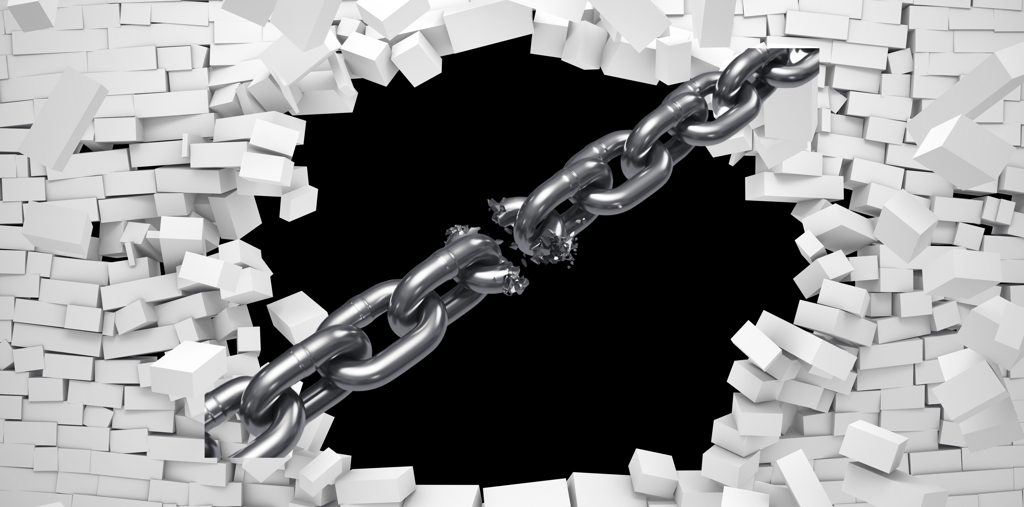The "Traditional Role" Scam
During my recent break, I had the luxury of binge-watching Culinary Class Wars on Netflix, a fascinating reality TV show where 100 chefs competed for the title of Korea’s Best Chef and a grand prize of 300 million Korean won (approximately $222,000). The winner was a male chef, but I’ll avoid revealing his name in case you plan to watch it. What struck me as I watched was not just the competitive culinary brilliance but a deeper societal issue: the pervasive myths and stereotypes surrounding traditional gender roles, particularly those that women—especially African women—have been sold for generations.
Hauwa Bello
12/30/20243 min read


Breaking the Mold
Binge-watching "Culinary Class Wars" on Netflix was a real eye-opener. Sure, the culinary skills on display were amazing (and I won't spoil the winner for you!), but what really got me thinking was the deeper issue of gender roles.
We're bombarded with these messages constantly: "women belong in the kitchen," "men are the breadwinners," and so on. These "traditional" roles, especially for women, are often presented as unquestionable truths. But watching this show, with its male chefs vying for the top spot, made me realize how much these ideas need to be challenged.
My own family defies these norms. My second son is a culinary prodigy – seriously, the kid's amazing! And my younger brother? Another incredible chef. If I'd blindly followed those stereotypes, I might have discouraged his passion.
And the reality is, despite the "women in the kitchen" narrative, female chefs are shockingly underrepresented at the highest levels of the culinary world. In 2019, only 9 out of the top 100 chefs in The Best Chef Awards were women. And as of 2023, a mere 6% of Michelin-starred restaurants are led by women. Clearly, cooking isn't just a "woman's thing."
But it goes beyond the kitchen. Take nursing, a profession often associated with feminine nurturing qualities. Yet, men are increasingly excelling in this field. The 2024 Aster Guardians Global Nursing Award had a 50/50 split between male and female finalists!
This all points to a simple truth: we need to ditch the stereotypes. These limiting roles don't reflect the full spectrum of human potential.
To understand how these stereotypes took root, we need to look back in time. In ancient societies, gender roles often arose from survival needs. Men, with greater physical strength, were typically hunters and protectors, while women, as child-bearers, focused on caregiving and domestic tasks. Over time, these roles solidified into rigid societal expectations, reinforced by cultural, religious, and economic systems.
Industrialization started to blur these lines, as women entered the workforce and demonstrated their abilities beyond the domestic sphere. Yet, these outdated roles stubbornly persist, subtly reinforced through media, education, and even well-meaning family traditions.
Breaking free from these stereotypes can be incredibly liberating, but it's not always easy. People who defy societal norms often face criticism and self-doubt. But the rewards are immense. When we allow individuals to pursue their passions regardless of gender, we create a richer, more diverse society.
My son's love for cooking, for example, brings him joy and fulfillment. Similarly, men thriving in nursing challenge the idea that caregiving is exclusively feminine. As we normalise these stories, we create a world where people are valued for their unique contributions, not confined by outdated roles.
This leads to another thought-provoking question: could the rigid enforcement of traditional roles contribute to feelings of being "born in the wrong body"? If society had embraced more fluid roles from the start, might fewer people feel the need to reject their assigned gender entirely? It's a complex issue, but it's worth considering whether loosening the grip of stereotypes could reduce the pressure to conform to binary expectations.
Ultimately, there's no one-size-fits-all when it comes to roles in families, relationships, or careers. Each individual, couple, and culture should have the freedom to define roles based on strengths, interests, and mutual agreement – not outdated stereotypes.
Let's celebrate the diversity of human potential and create a world where roles are defined not by gender, but by talent, passion, and purpose. In doing so, we'll not only enrich our own lives but also build a more inclusive and equitable society for everyone.
Now, it's your turn. Take a moment to reflect on your own experiences with gender roles. Have you ever felt limited or pressured to conform to certain expectations? How can you challenge these norms in your own life, and encourage those around you to do the same? Let's start a conversation and create a world where everyone feels empowered to be their authentic selves.
Subscribe to our newsletter
Enjoy exclusive special deals available only to our subscribers.

